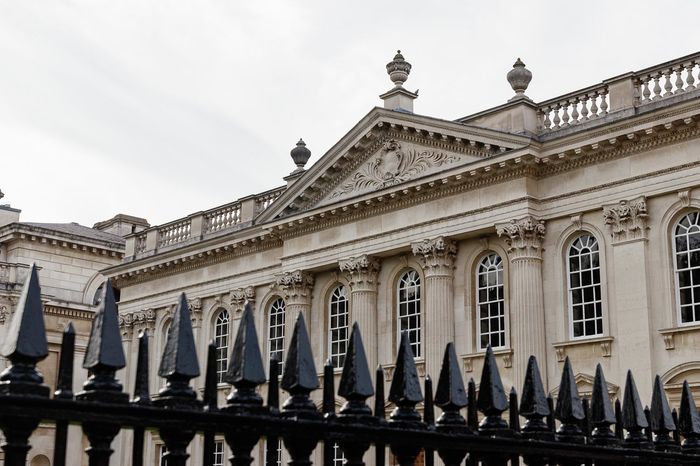Judge Business School profs weigh in on what to expect from 2025
2025 to be ‘a year of profound information-polluting chaos’ according to one academic

Six heads of Cambridge Judge Business School have offered their predictions on what changes to expect from around the world in 2025.
Alan Jagolinzer, a Professor of Financial Accounting said he expects to see political uncertainty in many countries and “the delegation of government decision rights to undetected tech and media leaders”.
This comes after tech billionaire Elon Musk has been placed in charge of the incoming President Donald Trump’s new Department of Government Efficiency (Doge). Via a social media statement, Trump said Musk, alongside former Republican presidential candidate Vivek Ramaswamy, would “dismantle government bureaucracy, slash excess regulations, cut wasteful expenditures, and restructure federal agencies”.
Jagolinzer said that he believes 2025 “to be a year of profound information-polluting chaos,” claiming that he believes “the most resilient and impactful business schools [to be] those that can help students see through the noise […] and short-sighted and self-serving political actors”.
Judge’s Lucia Reisch, a Professor of Behavioural Economics & Policy expressed similar concerns, quoting figures from the 2024 OECD Drivers of Trust Indicators report which showed that on average “as little as 39% of people trust their national government”.
Reisch also mentioned a recent European Commission report which shows a decline of people’s trust in science, as well as expressing concerns with proposed budget cuts to U.S. higher education institutions and attempts to “silence climate scientists and other inconvenient voices”.
Monique Boddington, a Management Practice Associate Professor at Judge, spoke on entrepreneurship in the new year. She said: “My prediction for the coming year […] is that entrepreneurial endeavours will take centre stage.” She explained that a younger generation of adults is more likely to look to entrepreneurship as “traditional career routes become less desirable and less available”.
Boddington added that recently she has observed a “dark side” to entrepreneurship, where profits are valued over people, as well as social and environmental impact. In light of this, she highlighted the need for “more diverse entrepreneurs focusing not just on economic impact but also on social and environmental issues”.
David Reiner, Professor of Technology Policy focussed on the world’s energy system, stating that it will “face its latest stress test in 2025”. Reiner stated that “by most measures, energy supply and demand will be robust”, but expressed concerns over trade. “Trade is […] becoming more fraught and energy and climate lie at the heart of widening disputes,” he said.
He listed the EU’s 2026 carbon border adjustment mechanism, concerns over China’s dominance in clean energy manufacturing, growing protectionism and the incoming Trump administration’s “infatuation” with tariffs as all indicators of potential trade wars, adding that it will “harm not just global economic growth but long-term efforts to decarbonize our economies.”
 Arts / Imposter syndrome, solitude, and not reading: John Berryman’s Cambridge4 April 2025
Arts / Imposter syndrome, solitude, and not reading: John Berryman’s Cambridge4 April 2025 Film & TV / Adolescence: understanding the manosphere5 April 2025
Film & TV / Adolescence: understanding the manosphere5 April 2025 News / Boat race rowers in danger of sepsis and kidney failure from polluted water5 April 2025
News / Boat race rowers in danger of sepsis and kidney failure from polluted water5 April 2025 Lifestyle / Which college brunch should be next on your list?6 April 2025
Lifestyle / Which college brunch should be next on your list?6 April 2025 Comment / Cambridge can’t train public servants4 April 2025
Comment / Cambridge can’t train public servants4 April 2025




